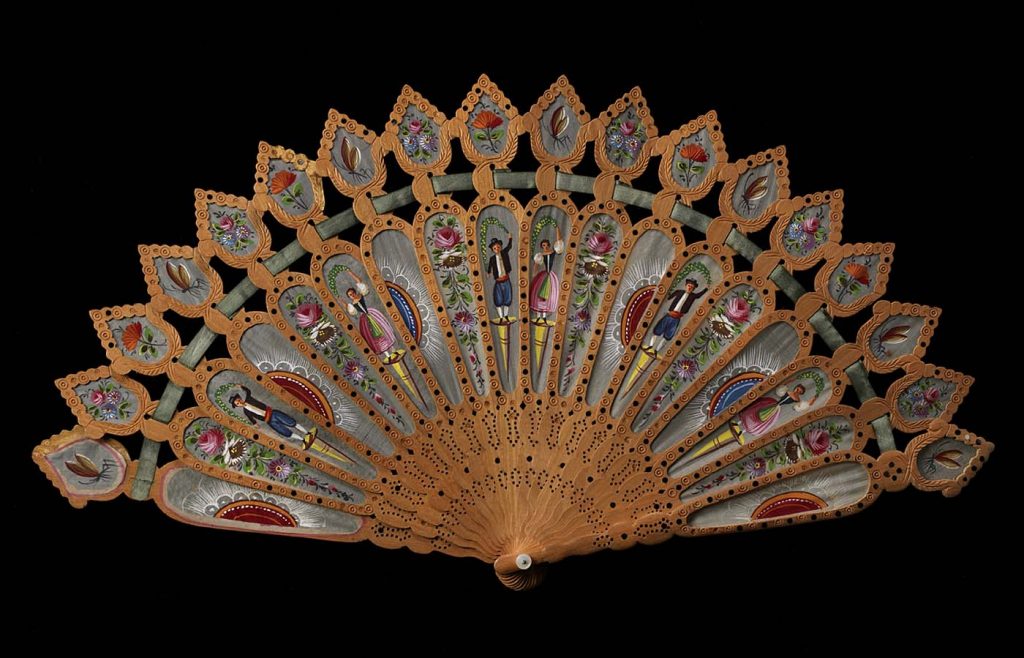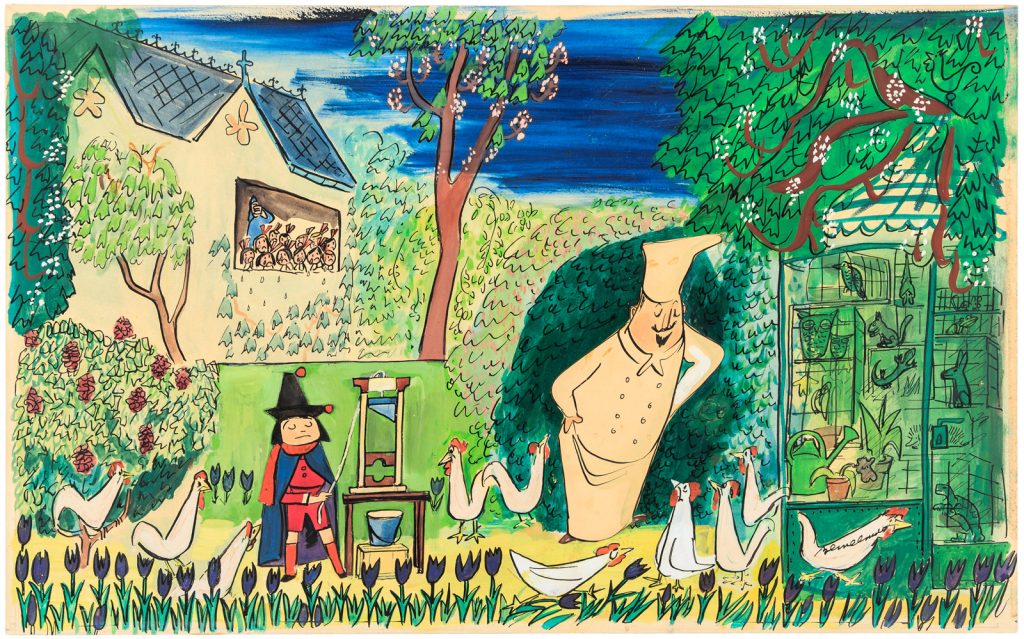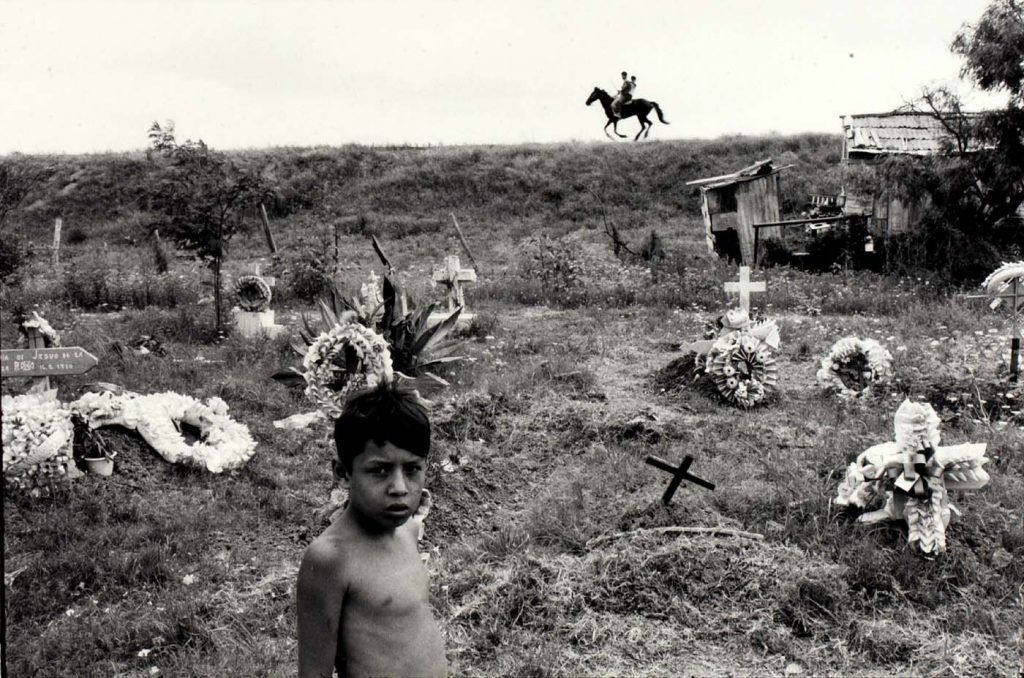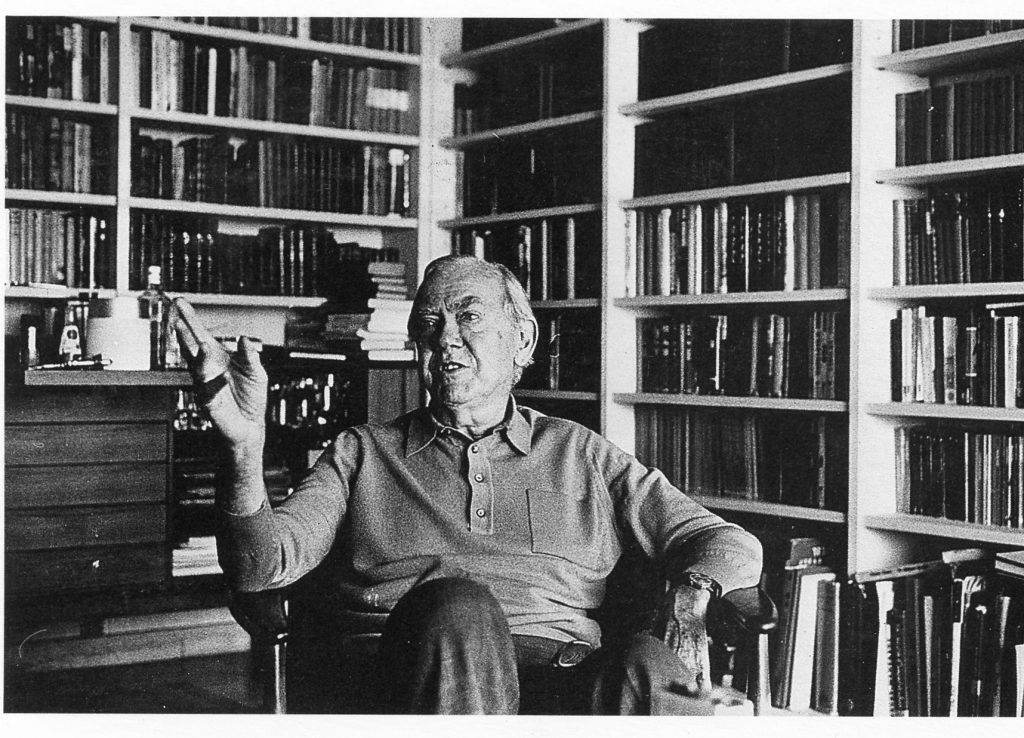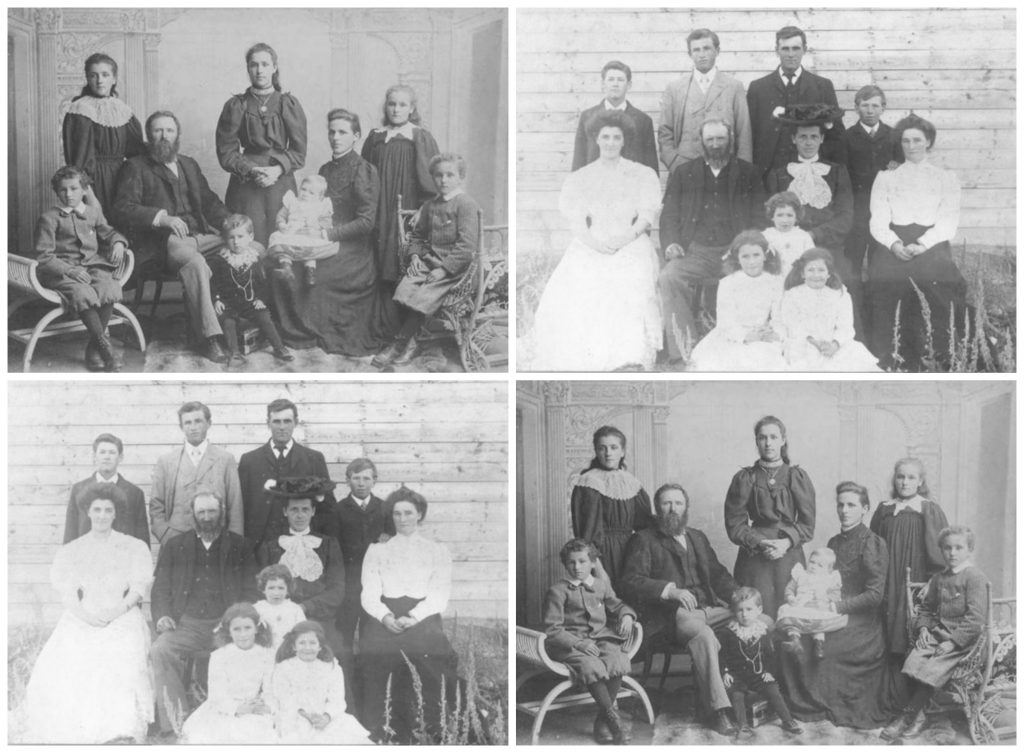“Spanish in America: Notes on Feeling Culturally Multiple,” by Frank M. Meola
Such images, alien to our suburban lives, along with her shifts into mixed Spanish and English, revealed how much my grandmother still lived in that other place. She denied wanting ever to return to Spain but followed news from her native country with keen interest, eager for the demise of the Franco dictatorship, an event she lived long enough to celebrate.
“Spanish in America: Notes on Feeling Culturally Multiple,” by Frank M. Meola Read More »

